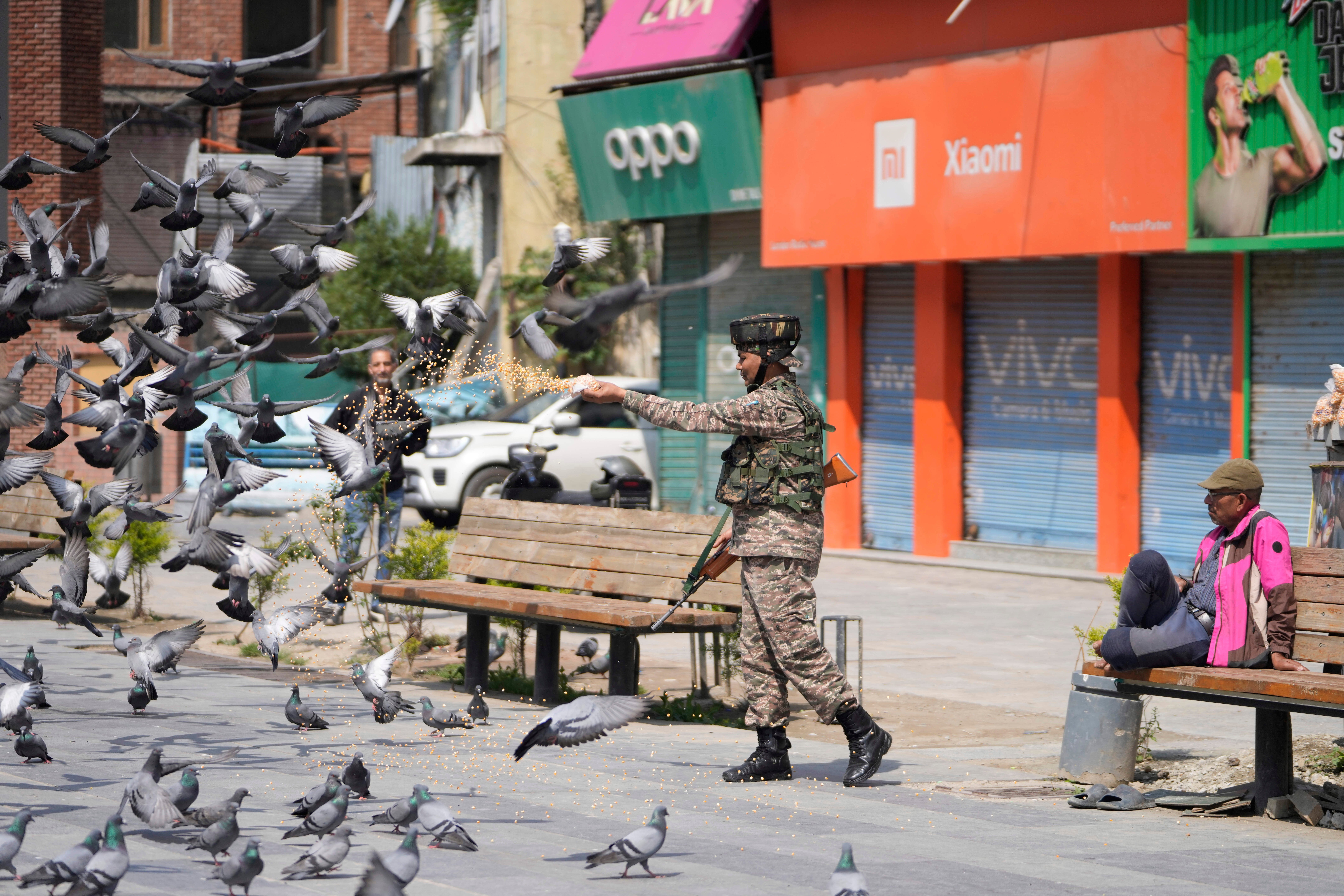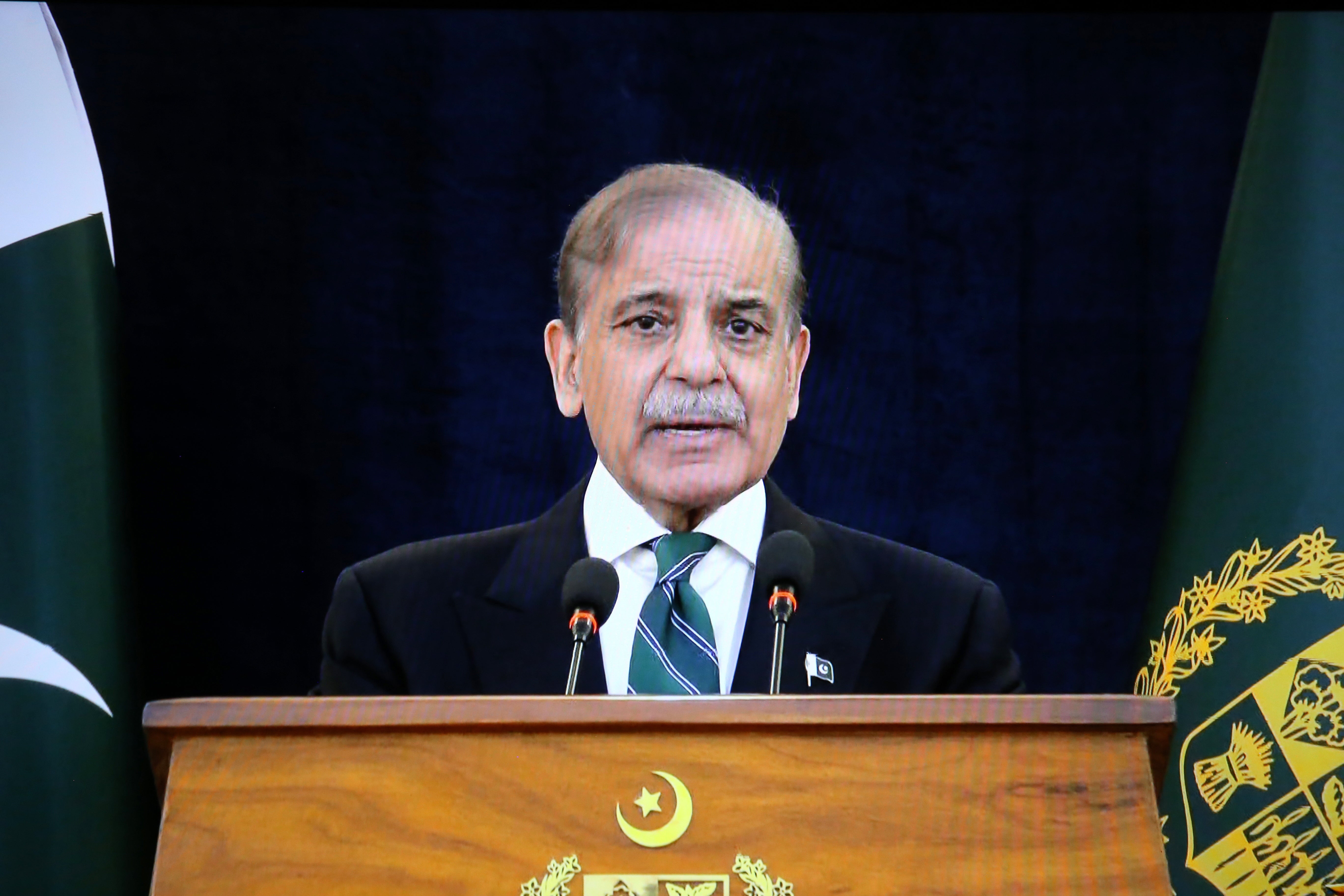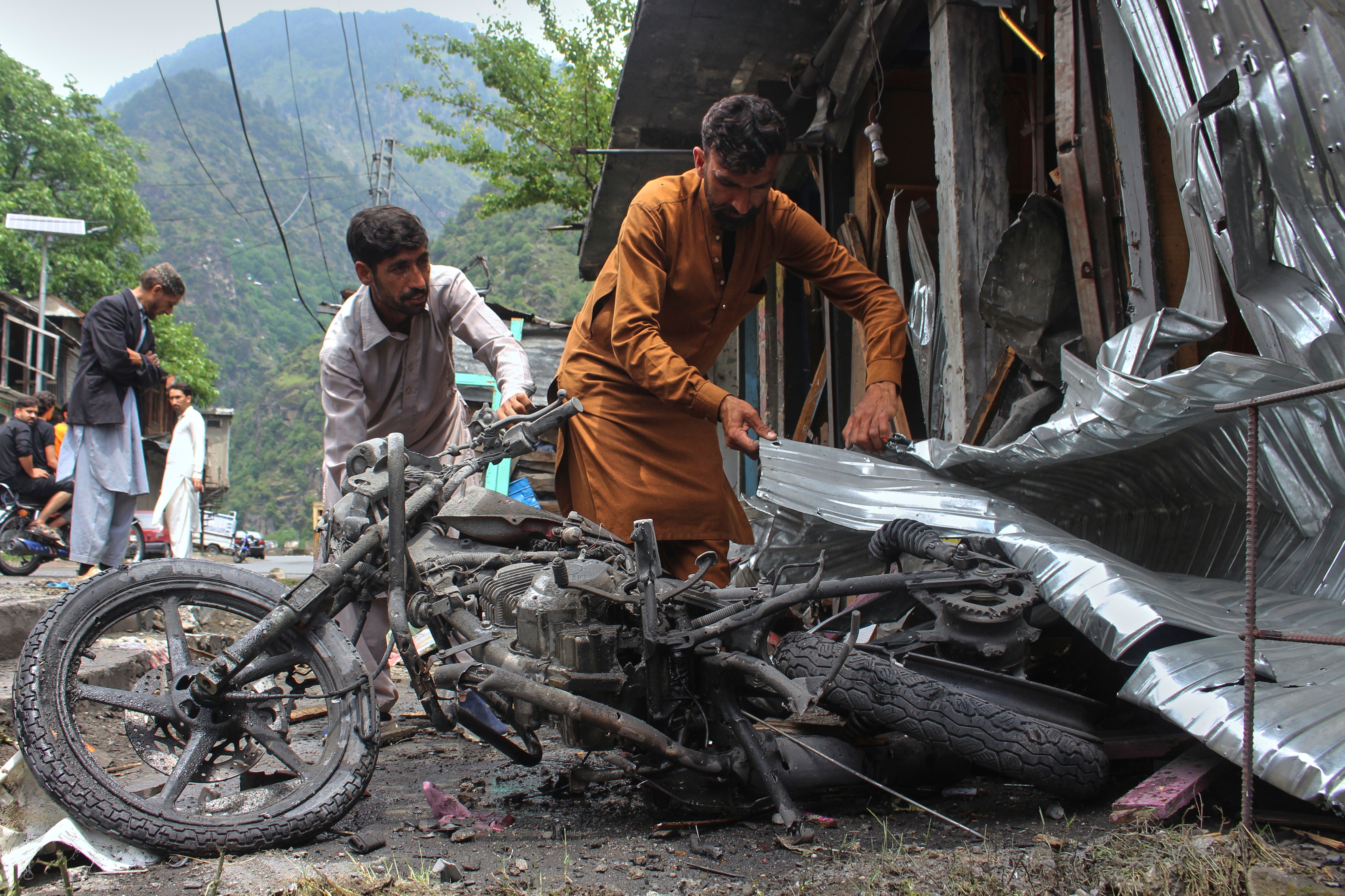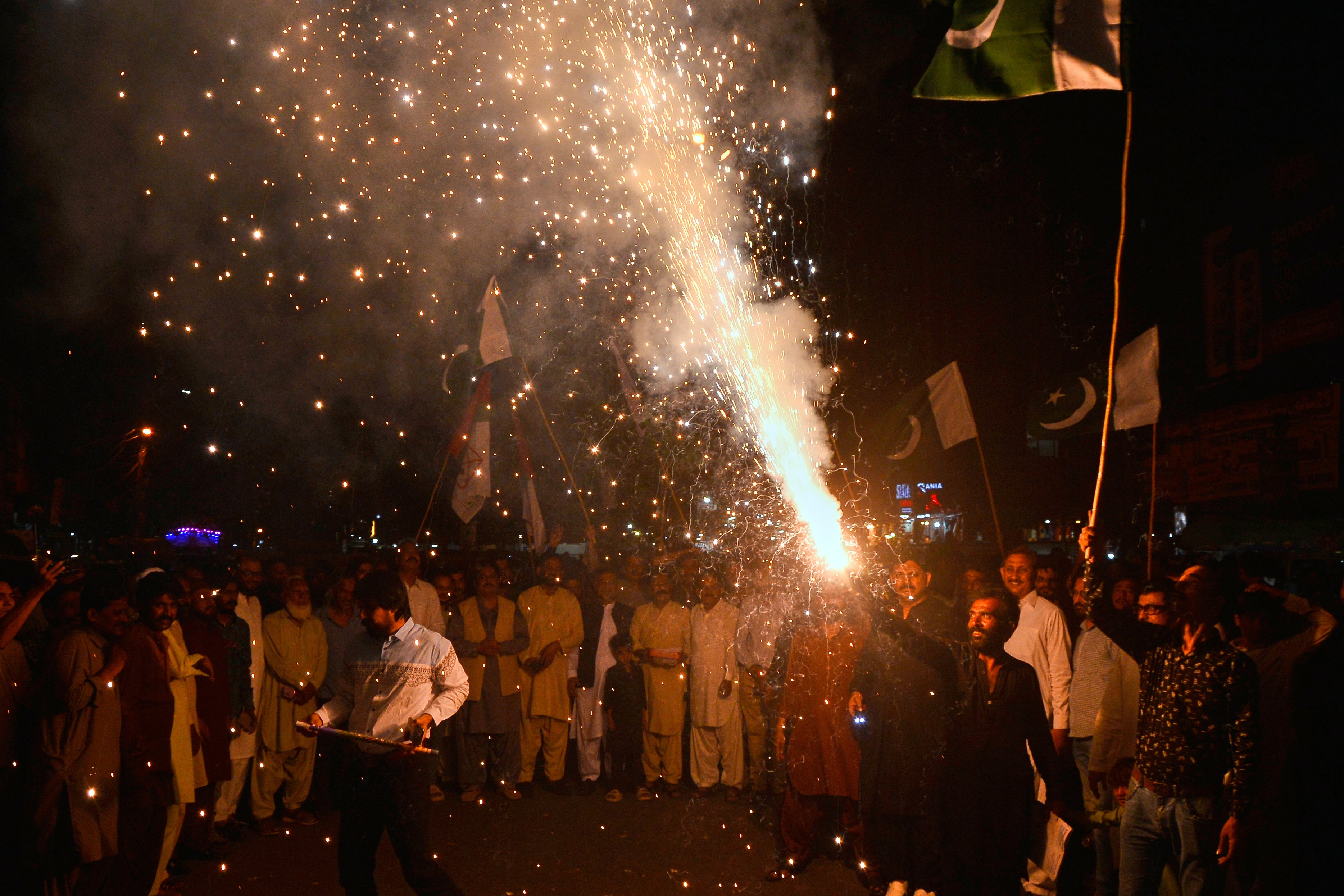ARTICLE AD BOX
The brief but deadly military exchanges between India and Pakistan last week reignited long-standing tensions over the disputed region of Kashmir, drawing a surprise offer of mediation from US presidentDonald Trump – an overture that has stirred discomfort in New Delhi.
India has not openly responded to Trump’s suggestion that he could help find a “solution” to the matter of Kashmir, a Himalayan region that is administered in part and claimed in its entirety by both countries. Its resistance to the idea has instead come through unofficial channels and carefully-worded statements from government sources.
In his first national address since the 22 April terrorist attack in Pahalgam, Kashmir that killed 26 people, prime minister Narendra Modi reiterated India’s hardened stance on its nuclear-armed neighbour, who he blamed for the attack. Islamabad has denied involvement.
“I also want to say this to the global community – our declared policy remains: if talks are to happen with Pakistan, they will only be on terrorism,” he said. “And if talks happen with Pakistan, they will be about Pakistan-occupied Kashmir,” Modi added, using the Indian name for the part of Kashmir Pakistan administers.
“Terror and talks cannot go hand in hand. Terror and trade cannot go hand in hand. And water and blood cannot flow together,” he said, the latter sentence a reference to India’s threats to suspend a key water-sharing treaty amid the two countries’ standoff.
Notably absent from Modi’s speech was any mention of Trump’s offer to mediate in the conflict. The omission reflects India’s deep-seated unease with external involvement in the Kashmir dispute, a position it has held since the partition of 1947. Despite a four-day conflict that involved drones, missiles, and cross-border artillery – killing at least 66 people – India maintained that the ceasefire that followed was the result of direct military-to-military engagement, not outside intervention.
Trump, however, took credit for the de-escalation, posting on his social media platform that the US had helped broker peace and that he would “work with both countries to see if, after a ‘thousand years,’ a solution can be arrived at concerning Kashmir”. Pakistan welcomed the remarks, thanking Trump for what it called a “constructive role”.

"We also appreciate President Trump’s expressed willingness to support efforts aimed at the resolution of the Jammu and Kashmir dispute,” said the Pakistan government, according to India Today.
India, by contrast, remained publicly silent while reinforcing its view that Kashmir is an internal matter.
Major General Rameshwar Roy, a retired Indian Army officer, dismissed Trump’s offer outright, calling it irrelevant and intrusive.
“It has no meaning as far as India is concerned because our stated position on this issue has been that Kashmir is a bilateral issue between India and Pakistan, and the world has nothing to do with it,” he told The Independent.

“Trump also has nothing to do with it, and we do not want it at any point of time… We have never sought or welcomed third-party intervention in Jammu and Kashmir,” he said in an apparent reference to the Simla Agreement, in which India maintained that any talks on Kashmir, if held, must strictly remain bilateral.
Indian officials reiterated that they view Kashmir as off-limits for foreign commentary or mediation. “India doesn’t want anyone to mediate. We don’t need anyone to mediate,” a senior Indian official told India Today, echoing General Roy’s view.
According to Harsh V Pant, a visiting professor at King’s College London, this position is deeply entrenched in India’s strategic doctrine. “Broadly, there is a discomfort in India, primarily because India doesn't see this as an issue where others have any locus standi,” he told The Independent. “Any idea of another country trying to butt in is something India opposes.”

The recent flare-up marked a shift from previous skirmishes, which were mostly confined to the volatile Line of Control. This time, both sides targeted installations deeper within each other’s territories, raising fears of a broader war between the two nuclear powers.
Critics argue that Trump's remarks bolstered Pakistan’s long-standing efforts to bring the Kashmir issue back into the international spotlight.
“A core and consistent Pakistani foreign policy goal is to internationalise the Kashmir issue. And that’s exactly what has happened here,” Michael Kugelman, a South Asia analyst based in Washington, told the Associated Press. “Much to the chagrin of an Indian government that takes a rigid position that the issue is settled.”
Major General Roy agreed that Trump's comments may have inadvertently helped Pakistan achieve this strategic objective. “Pakistan has been able to once again put Kashmir on the centre stage of world affairs and particularly America’s attention,” he said. “And that has been one of the gains they appear to have made during this crisis, which has been growing since 22 April.”

Opposition leaders in India have seized upon Trump’s comments to challenge the government’s handling of the crisis. “Have we opened the doors to third-party mediation?” asked Congress spokesperson Jairam Ramesh. Swapan Dasgupta, a former lawmaker from Modi's Hindu nationalist Bharatiya Janata Party, said the ceasefire had not gone down well in India partly because "Trump suddenly appeared out of nowhere and pronounced his verdict".
Professor Pant downplayed the practical impact of Trump’s remarks. “No one [in the Trump administration] is really interested in Kashmir. I don’t think Trump is particularly. He doesn’t even know the history of Kashmir,” he said. “Maybe this has to do with the heat of the moment issue [to] just putting an end to the hostilities between India and Pakistan. American foreign policy has different equities at this point. They have different priorities at this point.”
“The Trump administration, if anything, is hyper-isolationist. The reason they want to end the wars in Ukraine and the Middle East is because they want to get out of these conflict situations,” he said. If Pakistan believes that Trump administration is interested in Kashmir, he suggested, “they’re living in a fool’s paradise”.

In Monday night’s speech, Modi framed India’s military response to the 22 April attack in Kashmir as part of a cohesive new counter-terror policy. “It has set a new benchmark – a new normal.” The suggestion was that if terrorists target civilians in Kashmir again – and India again blames Pakistan – then strikes on Pakistani territory will follow.
Yet while Modi laid out the principles of this approach in a 30-minute speech, calling it India’s right to respond on “our terms, in our way”, he somehow managed to do so without mentioning Kashmir once.
Experts warn that any path to lasting peace in the region must involve Kashmiris themselves. “The two countries have to give Kashmiris a chair at the table of negotiations for a more durable peace process,” Praveen Donthi, of International Crisis Group, told the Associated Press. “Civilians in Kashmir have borne more casualties than the militaries of either side.”
For many Kashmiris, the prolonged dispute has become an existential burden. “Let’s be honest, India and Pakistan are fighting over Kashmir. So let it be resolved once and forever,” said Shazia Tabbasum, a student in Srinagar.









 English (US) ·
English (US) ·